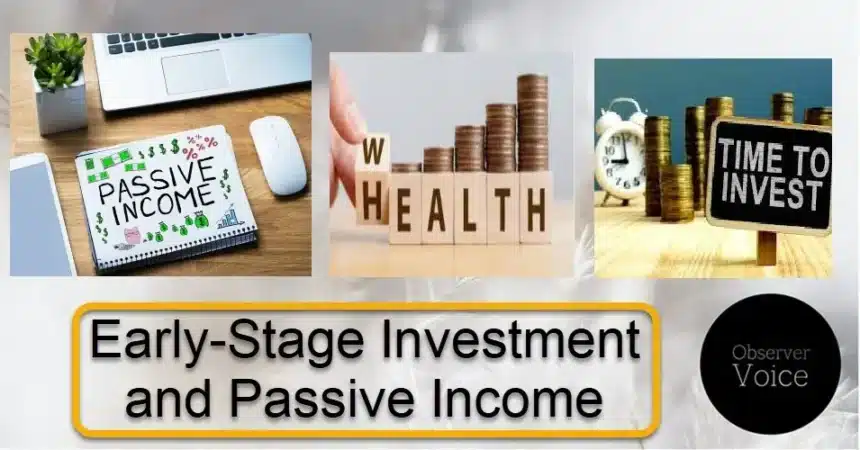Passive income is derived from earnings from rental properties, limited partnerships, or any other enterprise where you do not actively participate. Warren Buffett, one of the most successful investors, started investing at the age of 11 and today his net worth is 85.6 billion Dollars. The fun fact is, he’d once said in an interview that he wished he’d started earlier. So, why did he say this? And wasn’t 11 years early enough? There are many other billionaires like Warren Buffett who have earned a huge chunk of money by making investments. Today in this article, we know how to make Passive Income through which your financial decision-making process will improve.
Right Age to Invest
At the age of 19-20 years old, responsibilities and financial burden are very less, and at this stage, risk appetite is big, which means that, you can take more risks. Why is it so? Because at this stage people have a lot of years left to earn money, and just in case if they make a loss, then they have a considerable amount of time to recover it. Generally, at this age, we get pocket money from our parents or doing an internship or a part-time job, and the expenses are less too. If we put a fraction of this amount in investments, then along with time, you can get very good returns. Comparatively, a 45-year-old has many family responsibilities. Like, the education of his children, household expenses. So, their risk appetite turns out to be very low. They have to handle their expenses and investments after giving them much thought.
‘100 minus’ thumb rule
As we all know, Equity is Riskier Than Bonds and Mutual Funds So before investing, we should keep in mind the ‘100 minus’ thumb rule. So, what is the ‘100 minus’ thumb rule? This rule says that, if you are 30 years old, then 100 minus 30 which is 70 percent of your portfolio should be invested in equity. Because you are still young, and you can take many risks. And vice versa, if you are 70 years old, then 100 minus 70 which is 30 percent of your portfolio should be invested in equity. Because as you grow old, your risk appetite decreases.
The Power of Compounding
Why is it so that when someone invests some money, they start increasing slowly? This happens due to compounding. So, what is compounding? And what is its relation with age? Suppose someone invests Rs.1000 for 3 years at a compounded rate of 10% Then after 3 years, after adding interests, the amount becomes Rs.1330. A simple example of this is Fixed Deposits. You can even invest in Govt. Bonds are semi-annually compounded. And with time the money will increase this way. Also, Early investments more profit in the same. If someone started investing earlier, then he would take advantage of compounding too. Saving the money and investing it gives a financial discipline that helps in making better financially calculated decisions.

